We may earn money or products from the companies mentioned in this post. This means if you click on the link and purchase the item, I will receive a small commission at no extra cost to you ... you're just helping re-supply our family's travel fund.
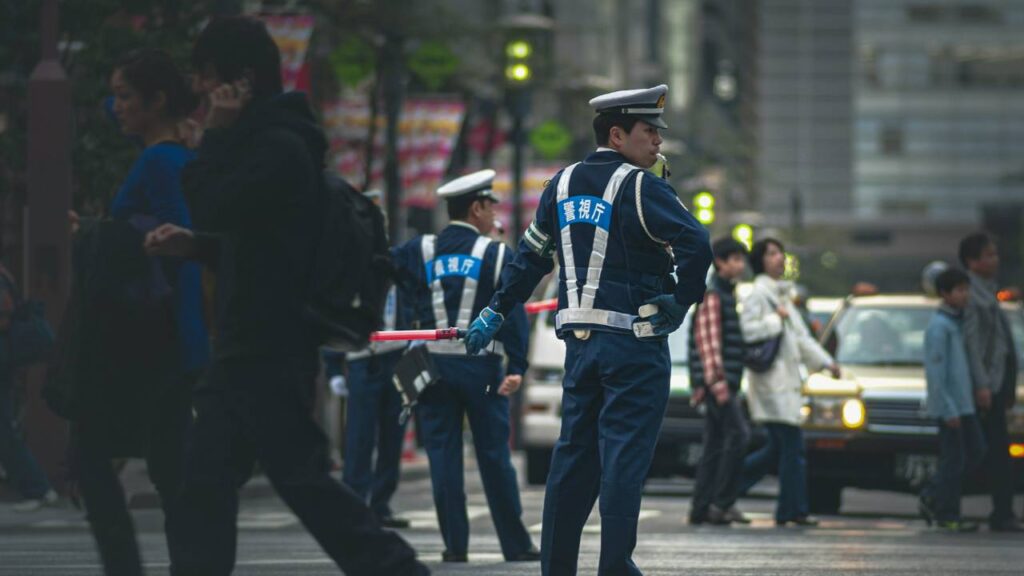
To step into Japan is to immerse yourself in a world where harmony, respect, and public order are woven into the very fabric of daily life. This serene atmosphere is no accident; it is supported by a unique set of social codes and, surprisingly, some very specific laws. For American travelers, these rules can seem perplexing at first, but each one offers a fascinating window into the values that shape this incredible culture. Understanding them is the key to moving beyond being a mere tourist and becoming a truly thoughtful guest.
1. Bringing in Common Cold Medicine

That familiar box of Sudafed or a Vicks Inhaler could become a serious legal problem at the Japanese border. The country’s anti-stimulant laws are famously strict and ban medications containing ingredients like pseudoephedrine, a staple in American cold remedies. Bringing these products in, even by accident, can lead to confiscation, lengthy questioning, and even detention. Before you travel, check your medicine against the list of prohibited substances on Japan’s Ministry of Health website and get any necessary prescriptions documented.
2. Riding a Bicycle After a Drink

In Japan, a bicycle is not a toy; it is a primary mode of transportation treated with the same legal gravity as a car. While a buzzed bike ride might seem harmless in the U.S., doing so here is a serious DUI offense. The law is clear: if you are impaired, you cannot operate a vehicle, full stop. The penalties are severe, including fines that can exceed one million yen and potential prison time. The logic is simple and unassailable: an intoxicated operator is a public danger, regardless of how many wheels they are on.
3. Disposing of Your Trash Incorrectly

Japan’s immaculate streets are the result of a legally enforced, almost ritualistic approach to waste. This is why you’ll find so few public trash cans; waste is meant to be taken home and sorted. Each municipality has its own complex schedule for sorting trash into categories like burnables, plastics, and glass, which are then placed in designated transparent bags for collection. Casually tossing your drink bottle into the wrong public bin or leaving trash behind can result in fines. This is a powerful, legally mandated expression of collective responsibility.
4. Not Turning in Lost Money

Finding a wallet full of cash in the U.S. might feel like winning the lottery. In Japan, it comes with a legal obligation. The Lost Property Act requires you to turn in any found money to the nearest koban, or police box. Pocketing it is considered theft. This law underpins the nation’s legendary social trust, resulting in an astonishingly high rate of return for lost items. If the owner does not claim the money within three months, it legally becomes yours. The system works because honesty is the default, not the exception.
5. Splashing Pedestrians With a Puddle

This law perfectly captures the Japanese concept of omotenashi, or profound consideration for others. A driver who soaks a pedestrian by plowing through a puddle can be fined for inconsiderate driving. It is a legal acknowledgment that being behind the wheel comes with a responsibility to minimize your impact on the people around you. While it seems like a minor infraction, it reflects a deep cultural belief that maintaining public harmony requires active, everyday thoughtfulness from everyone.
6. Challenging Someone to a Duel

While you probably were not planning on it, know that challenging someone to a duel is illegal in Japan. This law is a fascinating relic from 1889, a time when the country was rapidly modernizing and working to stamp out the last vestiges of samurai-era violence. It remains on the books today as a clear legal statement against vigilantism and a historical marker of the nation’s transition from a feudal society to a civil one. Your disputes here must be solved with words, not swords.
7. Taking Photos in Certain Temples and Museums
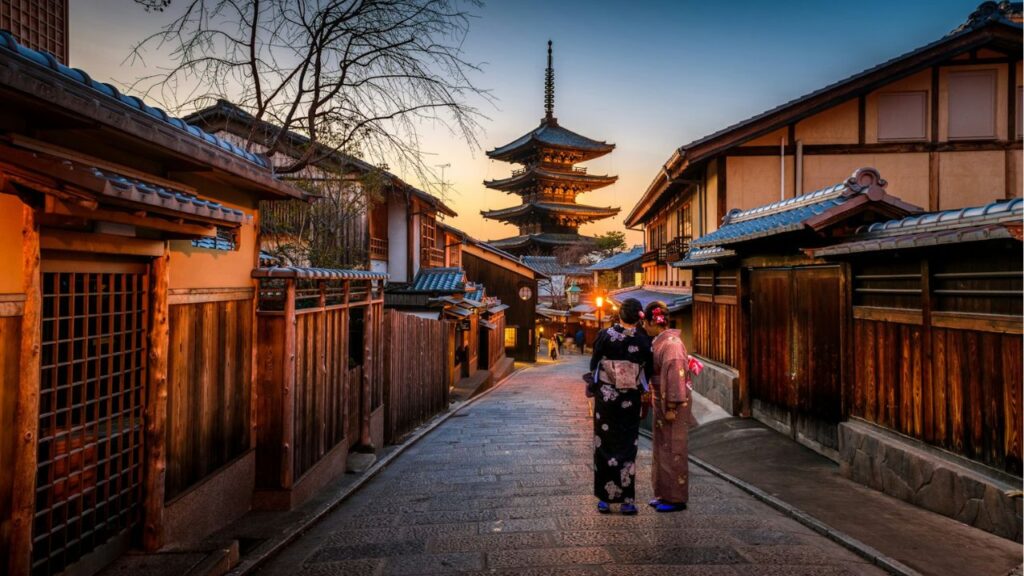
Before you raise your camera, look for signs. Many of Japan’s most sacred temples and shrines legally prohibit photography inside their main halls. This is not just to prevent flash damage to ancient artifacts; it is to preserve the space as a place of quiet worship and contemplation, free from the distractions of tourism. The ban is about respecting the spiritual purpose of the site over your desire for a souvenir shot. The best memories here are often the ones you do not capture on film.
8. Smoking Outside of Designated Areas

The freedom to light up wherever you please is a thing of the past in Japan. In a major public health shift, most cities now ban smoking on busy sidewalks and public streets. Instead, you must use small, clearly marked designated smoking areas. Smoking while walking is almost universally forbidden to protect others from secondhand smoke and prevent accidents. These rules have transformed the urban landscape, making the air cleaner and the streets more pleasant for everyone.
9. Damaging Currency
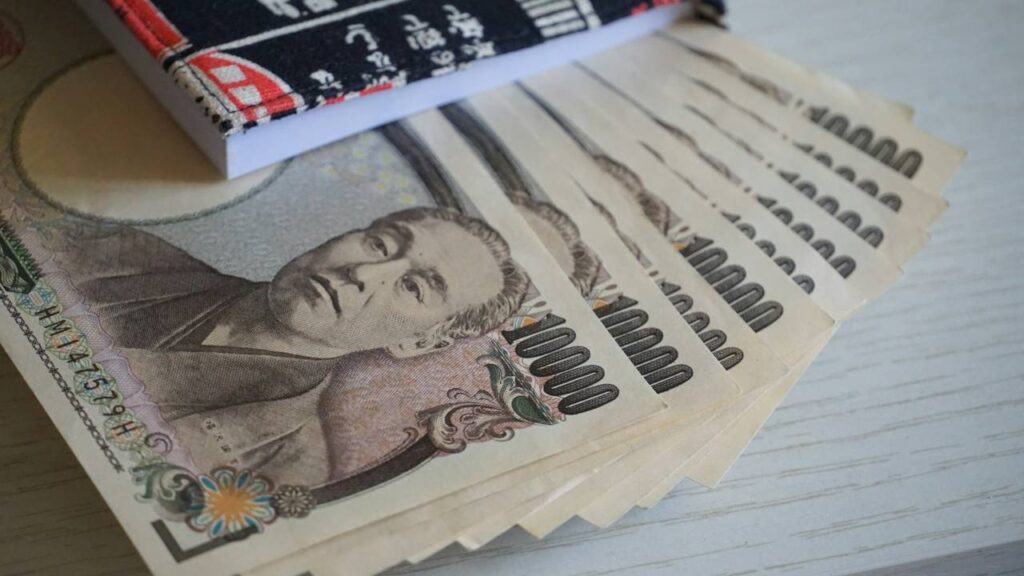
Treat the Japanese yen with respect, as intentionally defacing it is against the law. Tearing, burning, or otherwise purposefully damaging a banknote or coin is a violation aimed at protecting the integrity of the nation’s currency. While an accidental rip is not a crime, the intentional act is viewed as a sign of deep disrespect for a national symbol. This law reflects a broader cultural appreciation for objects and the systems they represent, from currency to public infrastructure.
10. The Unwritten Rule of Not Tipping
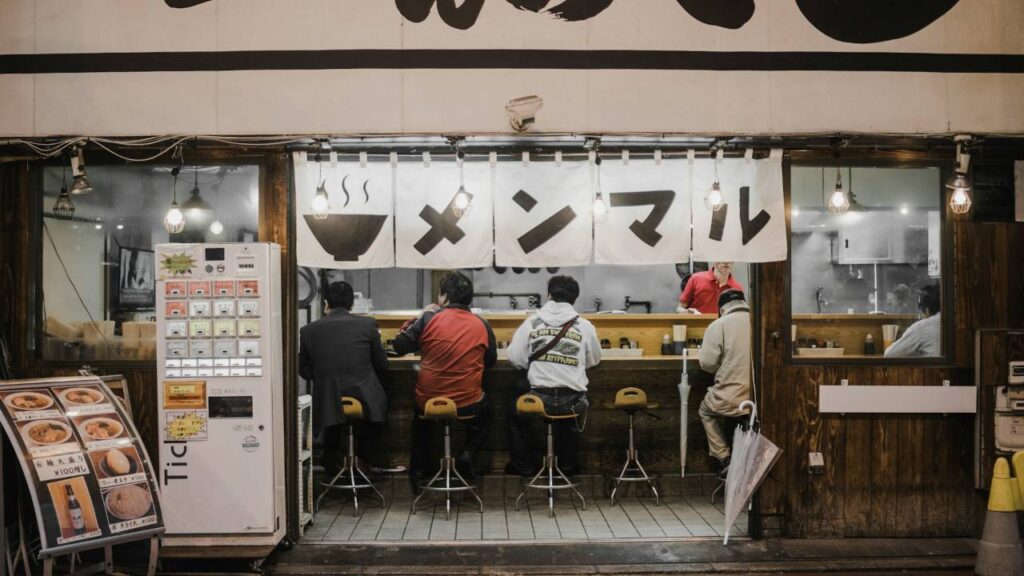
Though not a formal law, the no-tipping rule is one of Japan’s most rigid cultural codes. Excellent service is considered the baseline standard, and staff are paid a wage that reflects this expectation. Attempting to leave a tip will likely result in confusion and a polite refusal, as it can imply that you believe the worker is underpaid or that their employer is failing them. The best and most appreciated way to show gratitude is with a sincere and direct “arigatou gozaimasu.
11. Wearing Shoes Indoors Where Prohibited
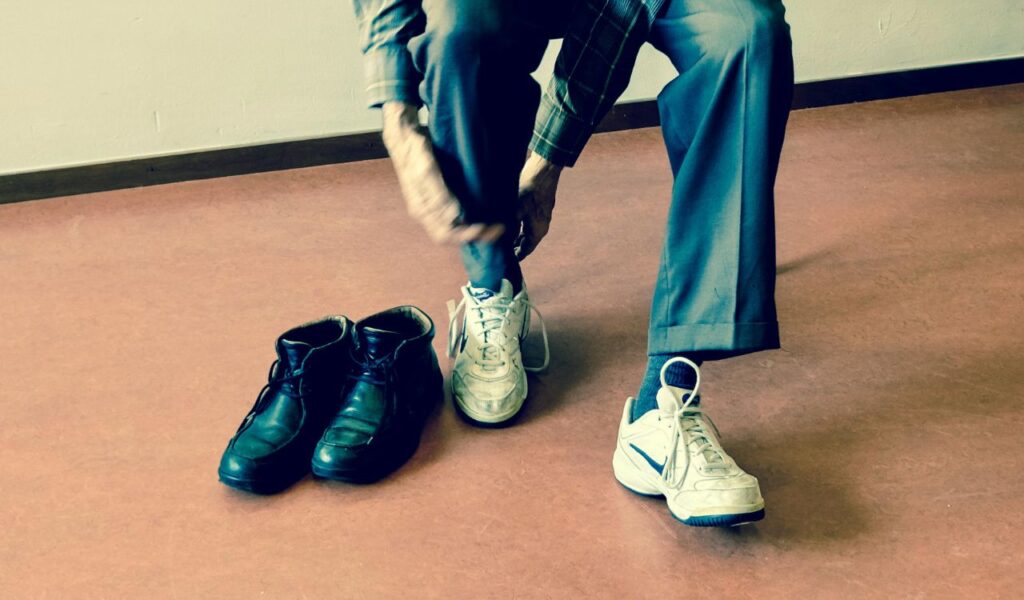
In Japan, entering a home, traditional inn, or certain restaurants with shoes on is more than a social misstep; it can break local hygiene ordinances. Many establishments post clear signs and provide slippers for guests. The practice keeps living spaces clean and honors a deep cultural value of separating the outside world from the interior sanctuary. Ignoring this expectation can offend hosts and, in some prefectures, draw small fines. Always pause at the genkan entryway, remove your shoes, and slip into the provided indoor footwear.